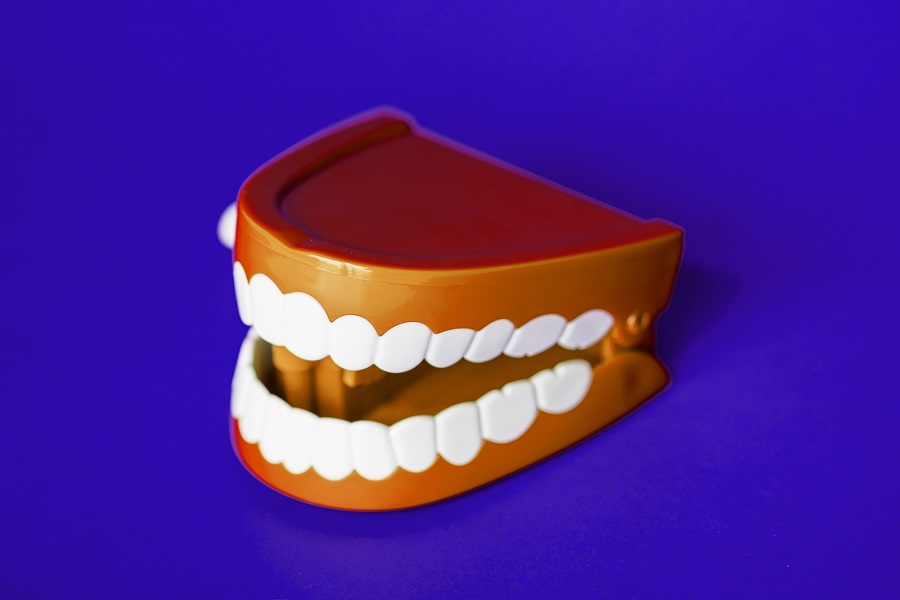Unlocking Your Potential: A Comprehensive Guide to Fitness

Fitness is more than just a buzzword or a fleeting trend—it's a lifelong commitment to maintaining physical, mental, and emotional well-being. In today’s fast-paced world, where sedentary lifestyles and unhealthy diets are increasingly common, embracing a fitness routine has become essential to leading a balanced and healthy life.
What Is Fitness?
Fitness refers to your body’s ability to perform daily tasks efficiently with ample energy left over for leisure and emergencies. It encompasses several components:
Cardiovascular endurance – how well your heart and lungs work during prolonged exercise.
Muscular strength – the power of your muscles to lift or move weight.
Muscular endurance – the ability of muscles to perform repeated actions without tiring.
Flexibility – the range of motion in your joints and muscles.
Body composition – the ratio of fat to lean mass in your body.
Why Is Fitness Important?
Physical Health: Reduces the risk of chronic diseases such as heart disease, diabetes, obesity, and high blood pressure.
Mental Clarity: Exercise releases endorphins, the "feel-good" hormones that combat stress and improve mood.
Longevity: Staying fit increases life expectancy and improves quality of life.
Energy Boost: Regular activity boosts stamina and reduces fatigue.
Better Sleep: Physical exertion during the day leads to deeper, more restful sleep.
Types of Fitness Activities
Aerobic Exercises: Running, cycling, swimming, brisk walking.
Strength Training: Weight lifting, resistance bands, bodyweight exercises.
Flexibility Workouts: Yoga, stretching, Pilates.
Balance Training: Tai chi, core workouts, balance boards.
How to Start Your Fitness Journey
Set Realistic Goals
Begin with small, achievable goals like walking 30 minutes a day or doing 10 push-ups.
Create a Routine
Consistency is key. Design a weekly schedule that includes different types of workouts.
Fuel Your Body
Nutrition plays a vital role. Eat a balanced diet rich in whole foods, proteins, and healthy fats.
Stay Hydrated
Drink enough water before, during, and after your workouts.
Track Progress
Use fitness apps, journals, or wearable trackers to monitor your progress.
Common Myths About Fitness
Myth: You need to work out for hours every day.
Fact: Even 20–30 minutes of daily exercise can be highly effective.
Myth: Lifting weights makes you bulky.
Fact: Strength training helps tone muscles and burn fat.
Myth: You must join a gym to get fit.
Fact: Home workouts, walking, or bodyweight exercises can be equally effective.
Conclusion
Fitness is not a destination but a journey. It’s about building habits that improve your life physically, mentally, and emotionally. Whether you're a beginner or a seasoned athlete, what matters most is consistency and a positive mindset. Invest in yourself—because your health is your greatest wealth.




















